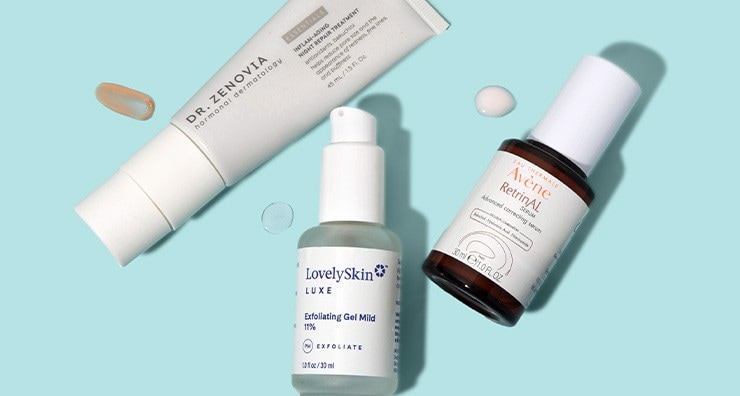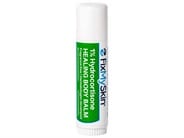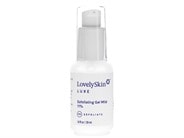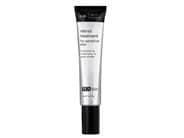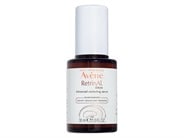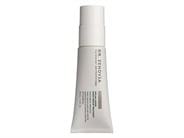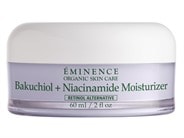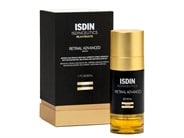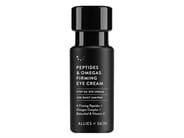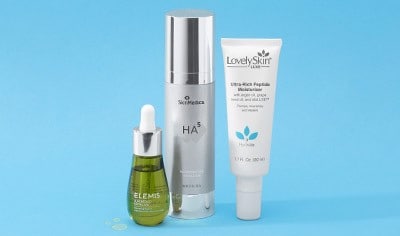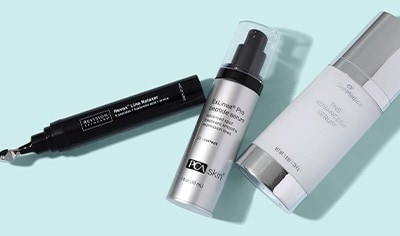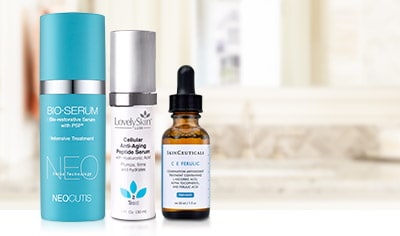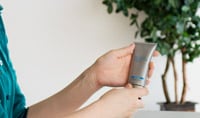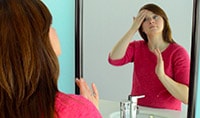The skin-perfecting benefits of retinol products can’t be denied. Considered the gold standard of anti-aging, the prescription drug Retin-A is available in pharmacies, while retinol is available without a prescription. Both help skin behave younger by speeding up the turnover of older, aging cells. Due to its powerful rejuvenating ability, retinol is often the go-to for improving the look of fine lines and wrinkles, dark spots, uneven texture and even acne for those who don’t have the time or inclination to go to a doctor for Retin-A. However, both Retin-A and retinol do have some drawbacks. Both can cause peeling, skin irritation and increased sensitivity for some people, making it a skin care ingredient that should be used with caution. If you consistently experience these issues with various strengths of retinol, you may need to consider trying a retinol alternative. Let’s dig into some questions you may have about retinol and its alternatives, such as:
A derivative of vitamin A, retinol comes in a variety of different forms and concentrations. Prescription-strength retinoids, like tretinoin and Retin-A, usually yield results in about six weeks, but they can cause irritation just as with retinol, and sometimes even more so. A multitude of products that contain retinol over the counter feature varying strengths and formulations. Plus, they often include emollients—soothing ingredients that help infuse moisture—to help minimize peeling. These retinol formulations tend to show results in about eight weeks.
Retinol is one of the most clinically tested skin care ingredients with decades of scientifically backed research. “Retinol is a great addition to just about any person's regimen after they reach the age of twenty,” says board-certified dermatologist and LovelySkin CEO Dr. Joel Schlessinger, who is also a Mohs surgeon and cosmetic surgeon. “It helps prevent acne breakouts and helps guard against premature aging. The big question is whether to adapt a retinol for your regimen or use a prescription-strength form of Retin-A. The answer to this often is whether you want the ease of using an over-the-counter retinol or whether you want the higher strength of the prescription regimen.”
According to Dr. Schlessinger, most skin types—even sensitive— can find a suitable retinol because of the different strengths available. “I recommend my patients start slowly to acclimate and build up to applying it every other day or daily,” he says.
There are a number of newer retinol products out there with gentle formulations. One favorite of Dr. Schlessinger’s is PCA Skin Retinol Treatment for Sensitive Skin, which pairs retinol with skin-soothing niacinamide and Omnisome, a patented delivery system that helps reduce irritation without sacrificing its efficacy.
Another formula that Dr. Schlessinger uses and recommends is LovelySkin LUXE Advanced Retinol Serum. “This formula suits every skin type. However, I specifically recommend it for my patients who have experienced sensitivity to other OTC retinoids in the past,” Dr. Schlessinger says. The formula features 0.5% retinol along with glycolipids and phospholipids, which help restore your skin’s moisture barrier by coating the walls of skin cells.
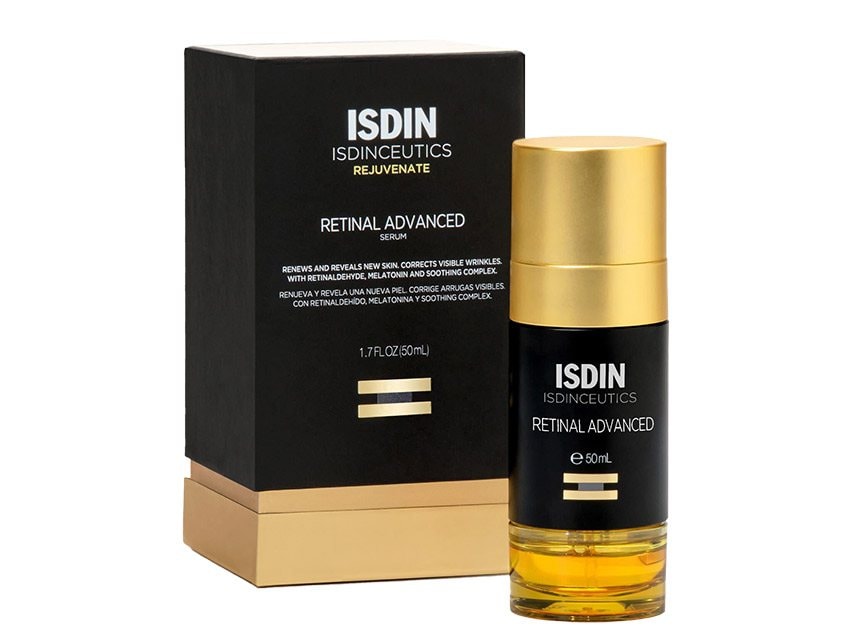
ISDIN Isdinceutics Retinal Advanced Dual-Phase Night Serum is another option. It features retinal, a vitamin A derivative that’s similar to retinol, combined with a soothing complex to minimize the sensations of dryness that can often accompany retinoid use.
“Whatever the case, it is a good thing to try retinol if you wish and acclimate slowly to it if you have any concerns about sensitivity. If there are hot spots from it, often the FixMySkin 1% Hydrocortisone Healing Balm can ease these temporary challenges,” Dr. Schlessinger says.
There are some cases, however, where retinol should be avoided. “For some people, their skin never fully acclimates to retinol, and the irritation persists,” Dr. Schlessinger says. “Also, people who are pregnant or nursing should skip retinol use entirely.”
Retinol has earned its glowing reputation as the gold standard in skin rejuvenation, meaning there simply isn’t anything that works quite as well as vitamin A. However, if you choose to skip retinol altogether, alternative ingredients may provide similar benefits with potentially less irritation.
If you’re looking for a plant-based, natural alternative to retinol, bakuchiol is a popular option. It is found in the seeds of the babchi plant and shows some of the same benefits of retinol. Namely, it helps decrease collagen breakdown and reduce melanin synthesis, the key culprit behind dark spots and uneven skin tone.
A 2018 study in the British Journal of Dermatology found that using .05% bakuchiol twice a day produced comparable results as using .05% retinol once a day. Bakuchiol is vegan (some retinoids are derived from animal products) and has high anti-inflammatory, antioxidant and antibacterial properties. However, it is important to note that plant-based ingredients can still cause irritation or reactions for certain people.
Another retinol alternative is afaLUXE, a dermatologist-developed blend of amino-based filaggrin antioxidants, vitamin C and Dead Sea minerals. It offers some similar benefits to retinol, including improving skin tone, boosting collagen production and reducing the appearance and frequency of acne. “This ingredient is very unique in that it has the ability to effectively exfoliate your skin and minimize the appearance of pores, wrinkles and acne, all with virtually no irritation,” Dr. Schlessinger says.
If you’d like to incorporate a retinol alternative into your skin care routine, here are six dermatologist-recommended options to consider.
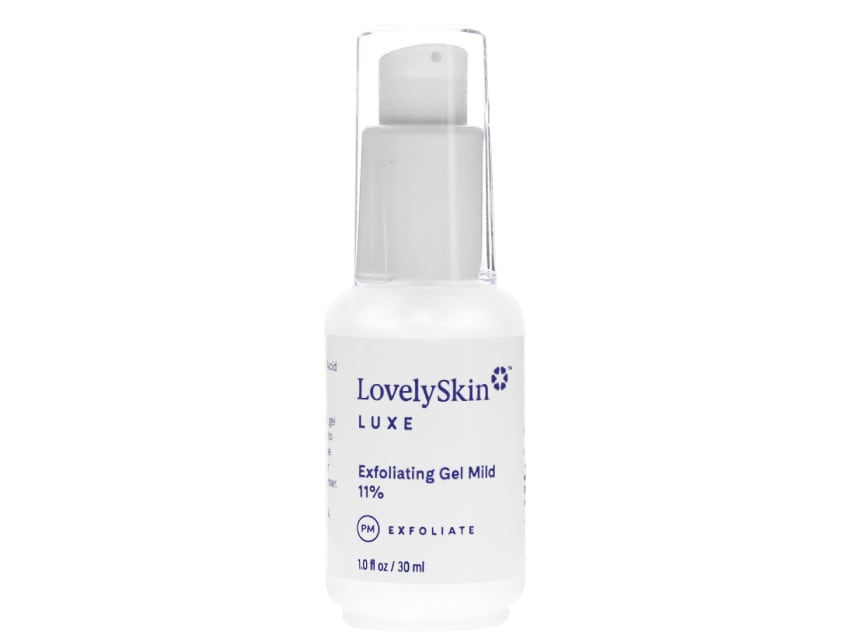
If you’re looking for a pregnancy-safe retinol alternative, this exfoliating facial serum is an excellent option. Powered by 11% afaLUXE, it helps boost your skin’s natural production of collagen for smoother, softer-looking skin. It also helps reduce existing breakouts and prevent future acne from forming.
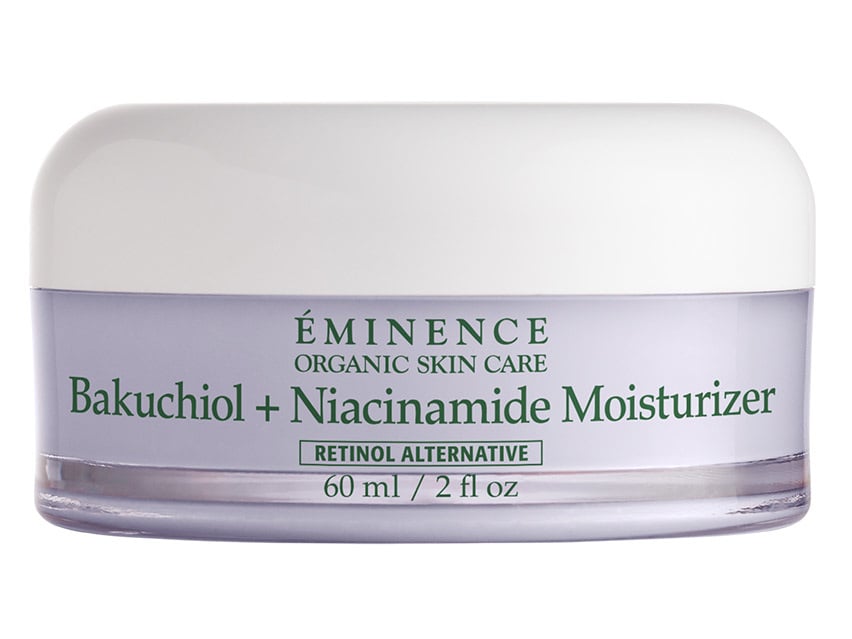
Hungarian skin care brand Eminence Organics created this facial moisturizer to deliver retinol-like results without the irritation of retinol. In a twelve-week study, 95% of users reported that their skin felt and appeared smoother, and 100% of users said their skin did not become irritated like with retinol products they had used before. It contains bakuchiol, a natural alternative to retinol, as well as niacinamide to prevent moisture loss and support the skin’s moisture barrier. It also contains aloe juice and glycerin, two ingredients that can help provide hydration.
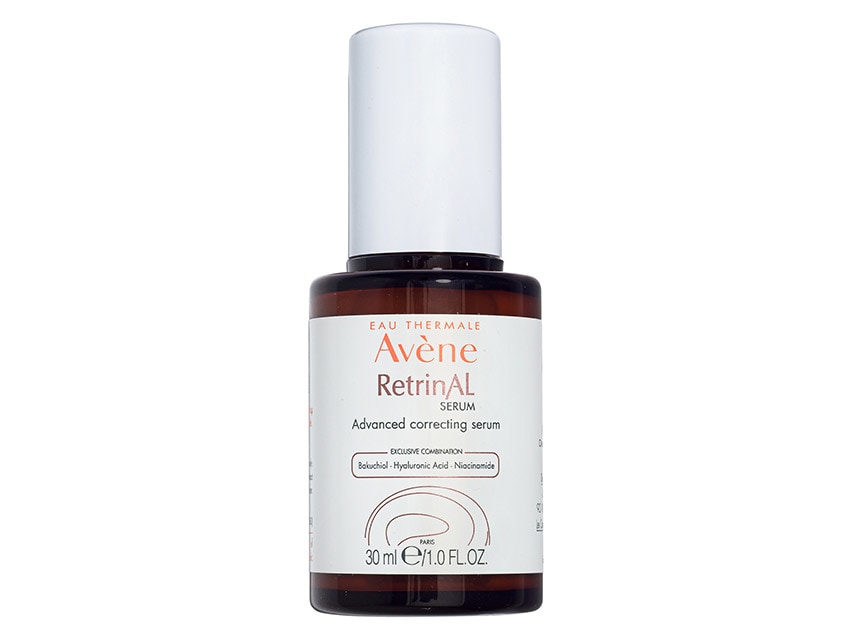
French skin care brand Avene created this retinol alternative for sensitive skin to help rejuvenate skin with minimal irritation. It relies on bakuchiol, a natural alternative to retinol, to address signs of aging such as fine lines and uneven skin tone. It also contains mineral-rich Avene Thermal Spring Water and niacinamide to help improve skin barrier function. The final touch on this formula is a blend of high and low weights of hyaluronic acid, which helps hydrate and plump skin.
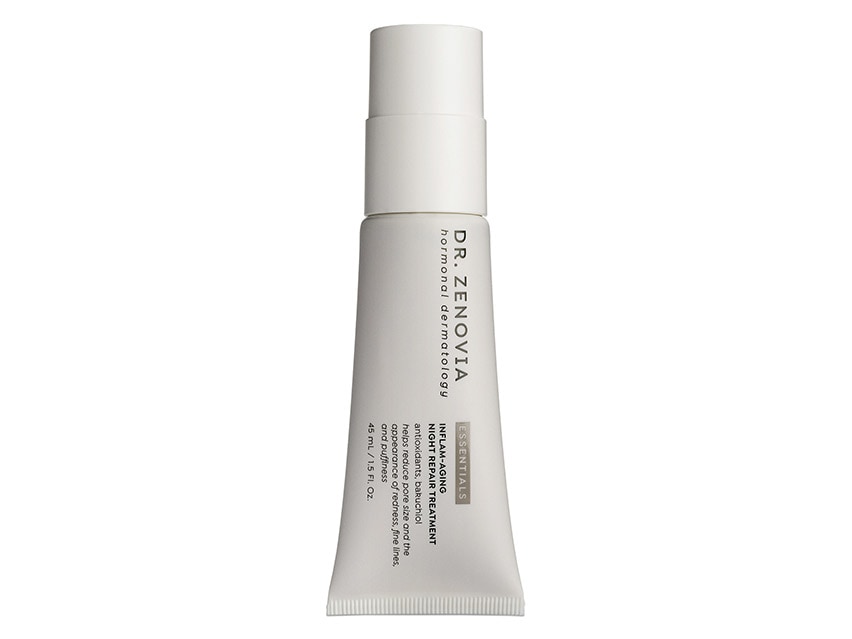
If you are struggling with skin that’s hormonally imbalanced, this overnight treatment from Dr. Zenovia Skincare was created with your needs in mind. It targets signs of aging such as fine lines, wrinkles and sagging with ingredients to help visibly firm, smooth and plump skin, including bakuchiol, green tea polyphenols, vitamin C and vitamin E. It also helps bring hormonally imbalanced skin back into balance with genistein, a plant-derived phytoestrogen that mimics the effects of estrogen in the skin.
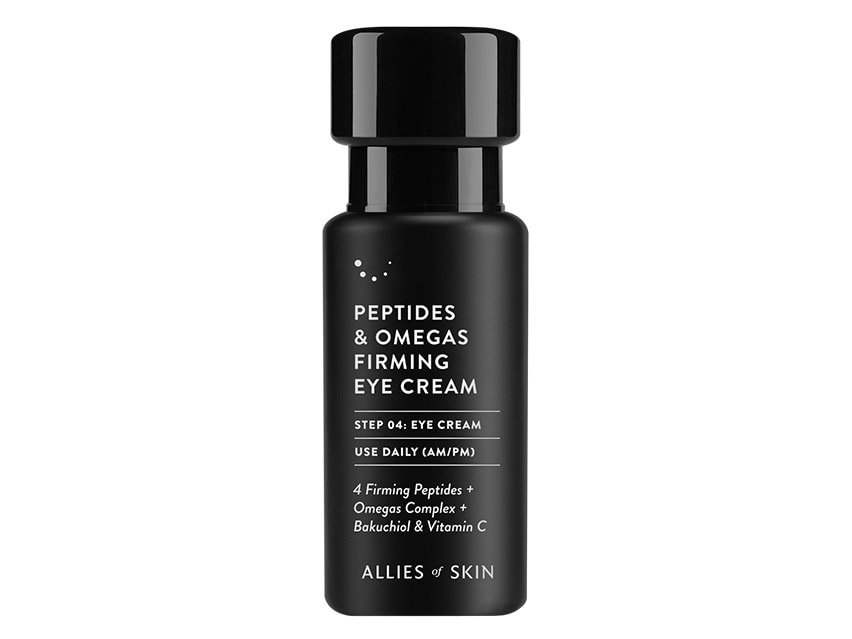
A great deal of research went into creating this non-retinol eye cream. The team at Allies of Skin spent three years perfecting this product and underwent a whopping thirty-seven iterations along the way. The result is a powerhouse of an eye cream featuring bakuchiol, bisabolol and ceramides to gently and effectively reduce the appearance of crow’s feet, dehydration lines and creases.
Whether you want to improve dry skin or get a glowing, radiant look, there’s a face serum out there to help you achieve your skin care goals. Read more about the best face serums for addressing your biggest skin concerns on the LovelySkin Blog.


